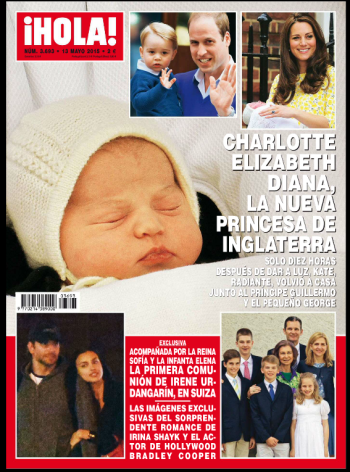 The May 13th (2015) edition of ¡Hola! magazine Spanish parent of Hello! magazine (which runs through Latin America as well), opens with a long feature with the headline “Alexander Fiske-Harrison, the English ‘gentleman’ who one day became an expert on bullfighting” (pp.4-12.)
The May 13th (2015) edition of ¡Hola! magazine Spanish parent of Hello! magazine (which runs through Latin America as well), opens with a long feature with the headline “Alexander Fiske-Harrison, the English ‘gentleman’ who one day became an expert on bullfighting” (pp.4-12.)
I enclose the text of my interview in the original English below. Interview, introductory preamble and captions are by Mamen Sánchez, director of ¡Hola!
With thanks to the Hotel Alfonso XIII in Seville and my family tailors, Gieves & Hawkes, No.1 Savile Row, for my suit and Ralph Lauren for providing me with clothes in the Feria de Abril in Seville this year.
Alexander Fiske-Harrison
[Post updated February 25th, 2019]
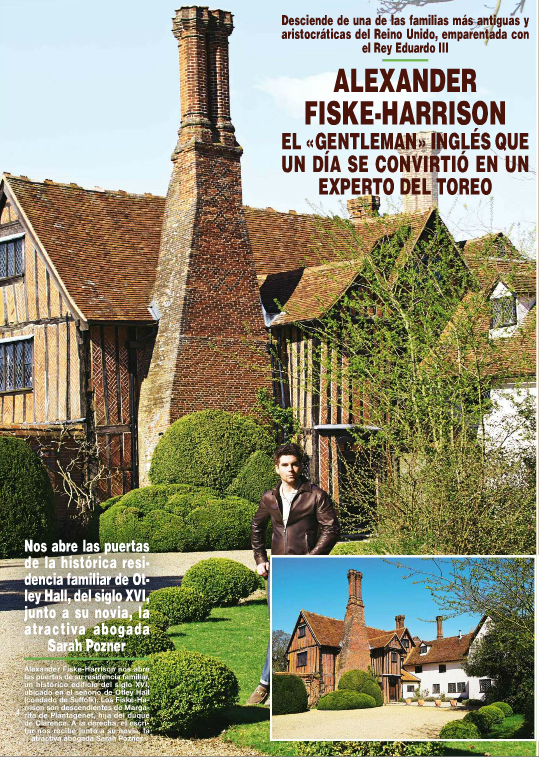
Descended from one of the most ancient and aristocratic families of the United Kingdom, ancestored by King Edward III
ALEXANDER FISKE-HARRISON
The English Gentleman who one day became an expert of bullfighting
We open the gates of his historic ancestral home Otley Hall, built in the 16th Century.
(Photo: Alexander Fiske-Harrison. We open the gates of the familial home, a historic building of the 16th Century, the manorial estate of Otley Hall, in the county of Suffolk. The Fiske-Harrisons are descended from Margaret Plantagenet, daughter of the Duke of Clarence.)
INTERVIEW:
Alexander Fiske-Harrison comes from one of the oldest and most illustrious families in England. The Fiske-Harrisons are the descendants of Margaret Plantagenet, daughter of the Duke of Clarence, brother of Edward IV and Richard III, Kings of England.
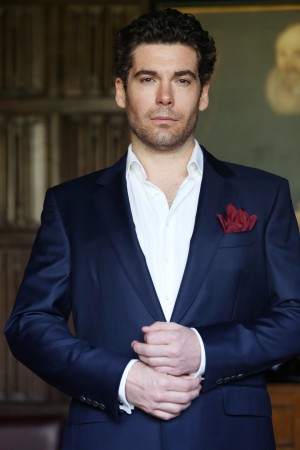
Alexander Fiske-Harrison (photo by Andrea Savini, suit by Gieves & Hawkes)
Educated at Eton, he holds Masters in Arts and Sciences thanks to his studies in Philosophy and Biology at the Universities of Oxford and London. Son of a prosperous investment banker in ‘The City’, Alexander can presume to be the genuine “gentleman”. Elegant, humanist, lover of nature and man of letters, he is the author of numerous books and essays, a playwright and a regular contributor to newspapers and magazines including The Times, Financial Times and The Spectator.
Following in the footsteps of Ernest Hemingway, there awakened in him an interest in bullfighting which brought him to Spain, first as a researcher and later as an authentic lover of the ‘fiesta de los toros’. From the hand of great Maestros such as Juan José Padilla, Eduardo Dávila Miura and Cayetano Rivera Ordóñez and through his friendship with Adolfo Suárez Illana [son of Spain’s first democratic president, the Duke of Suárez], who first introduced him to the world of bullfighting, Alexander has become a valiant bullfighter. He killed a bull of Saltillo and participated in various festivals, he has run for six years in the bull-runs of Pamplona and has written one of the most referenced books on the world of bullfighting: Into The Arena.
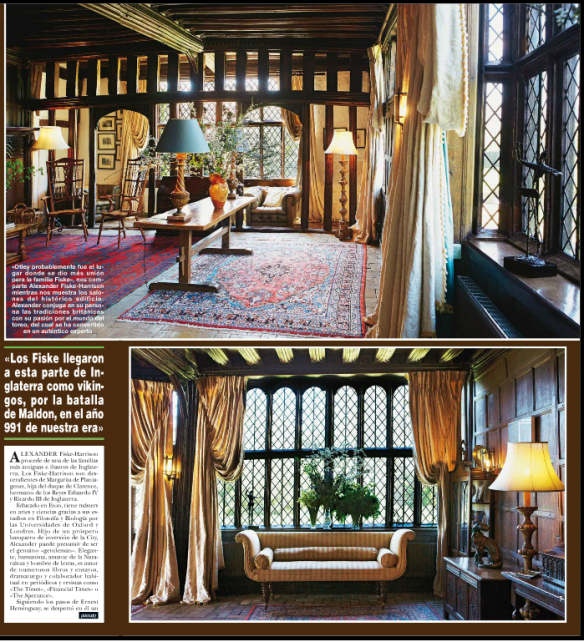
“The Fiskes arrived to this part of England as Vikings, at the Battle of Maldon, in 991A.D.”
A complete discovery, Alexander, greets us in Otley Hall, a historic Tudor Manor in the county of Suffolk. This building, dating from the 16th Century, connects the Fiske-Harrison family and the Kings of England, and a great-granddaughter of Margaret Plantagenet here contracted marriage with the then Lord of the Manor of Otley Hall, John Gosnold.
Continue reading →
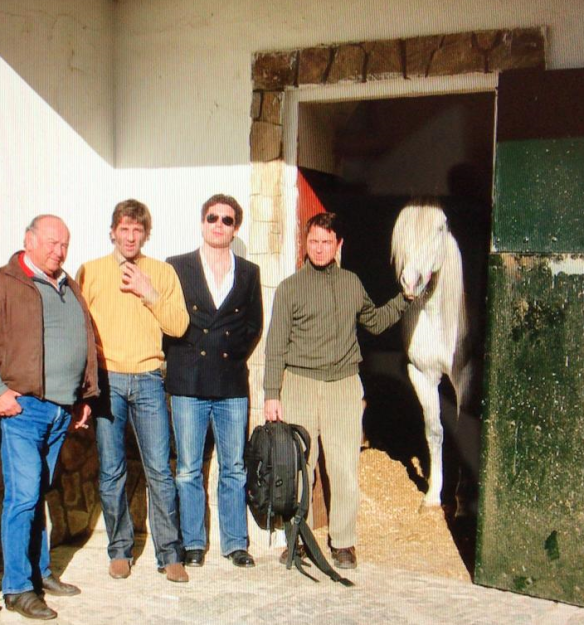

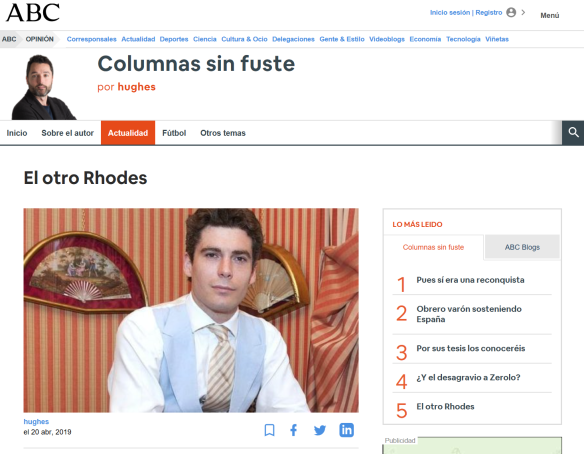
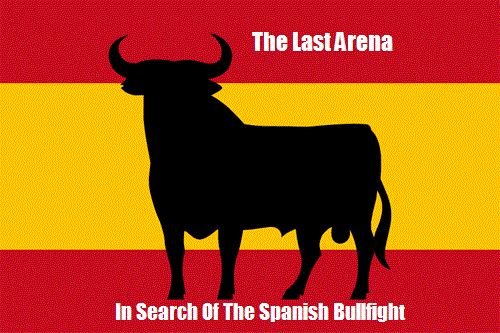
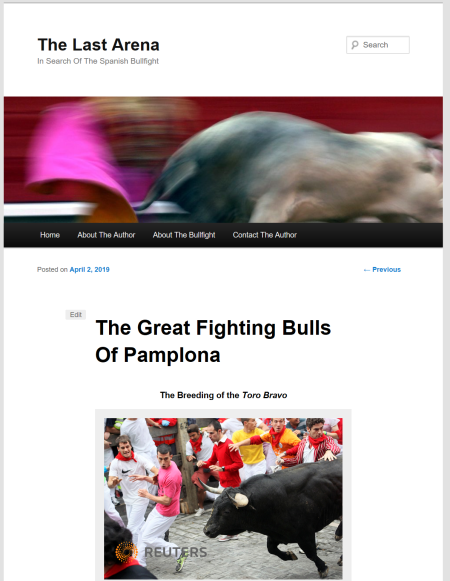


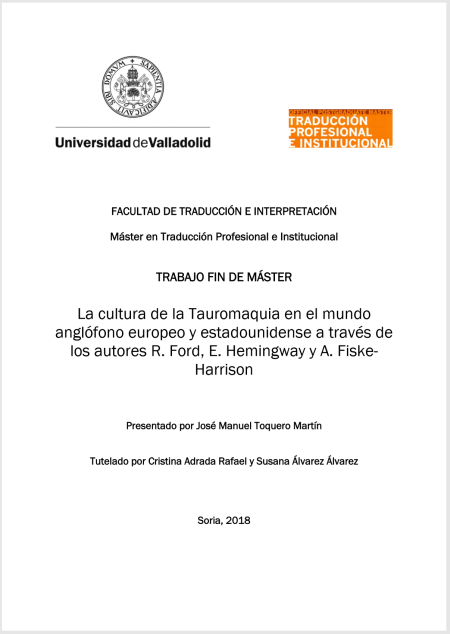
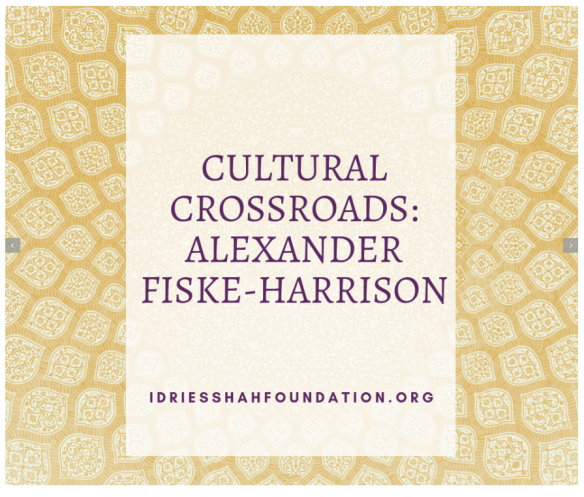
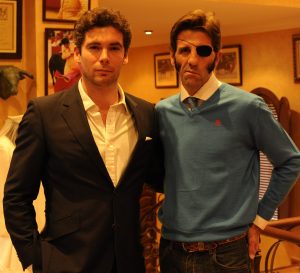
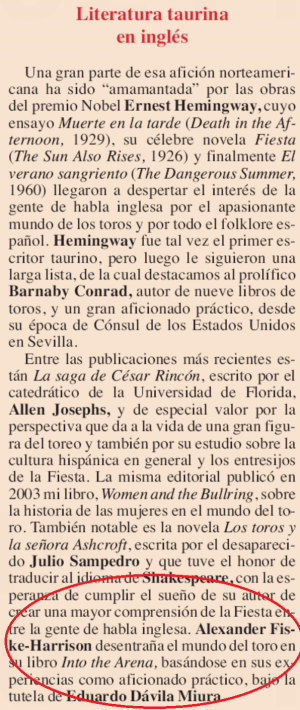

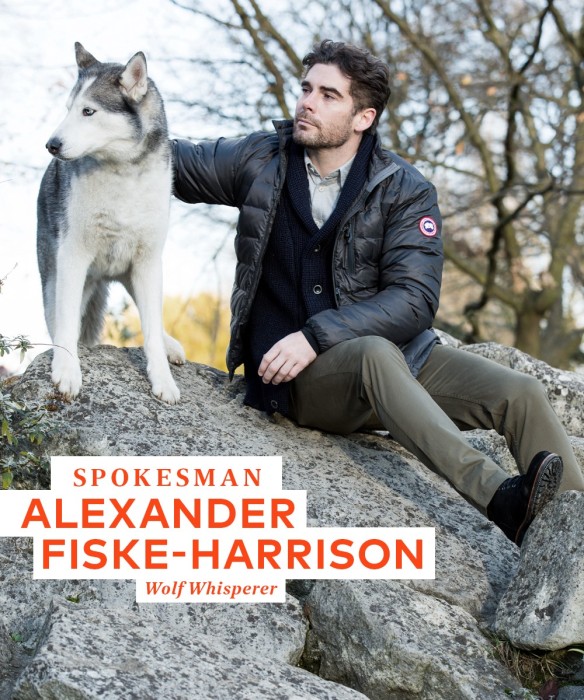
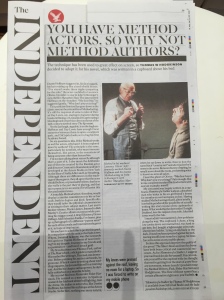
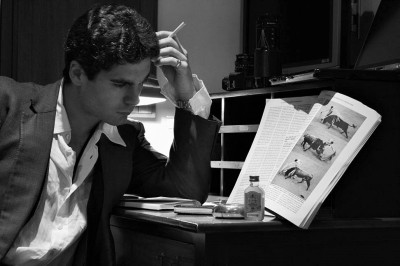
 The May 13th (2015) edition of
The May 13th (2015) edition of 

